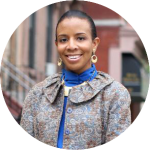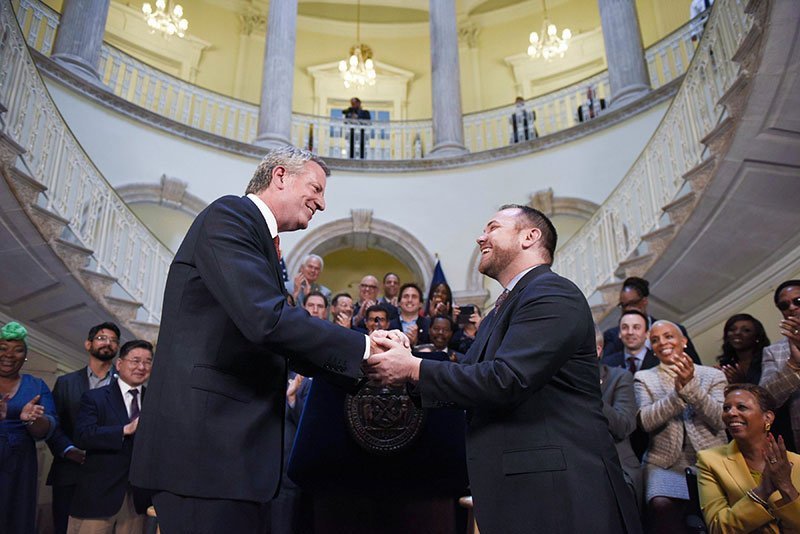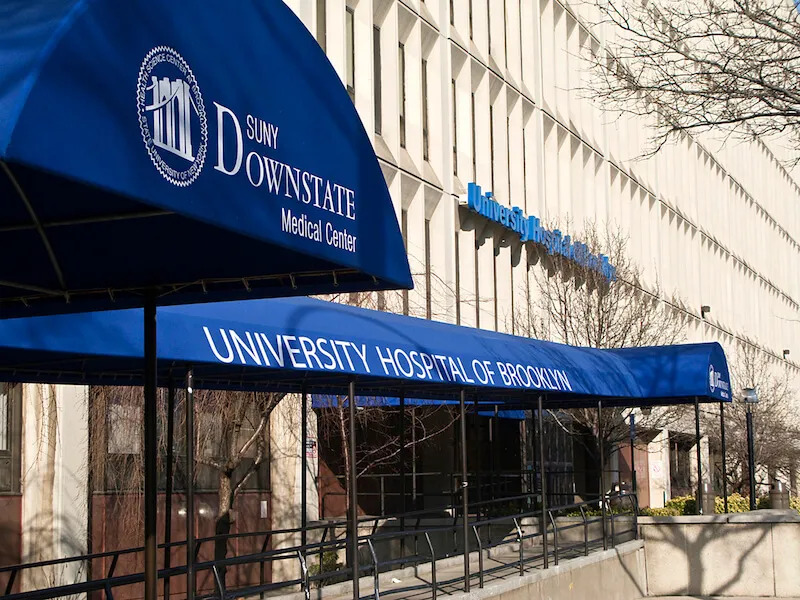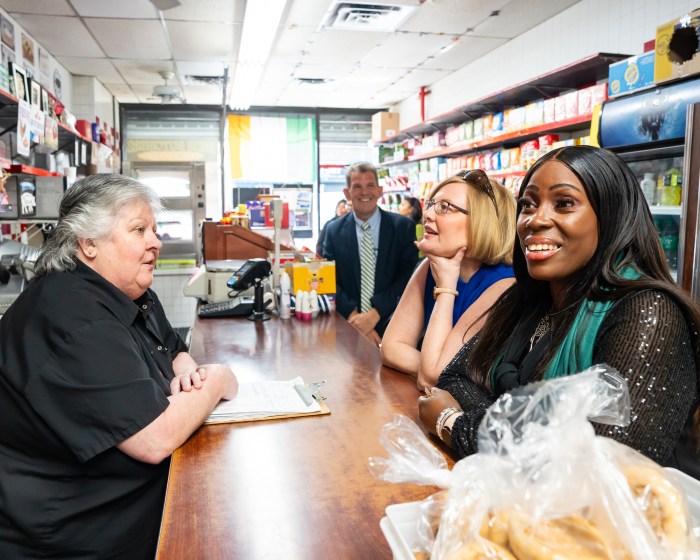Mayor Bill de Blasio and City Council Speaker Corey Johnson last week came to a gentleman’s agreement on a $92.8 billion Fiscal Year 2020 budget.
The budget is a $3.6 billion increase over last year’s $89.2 billion FY 2019 budget. It is also a $16.6 billion increase over the $76.2 billion budget when de Blasio first took office in January 2014 during the middle of the fiscal year.
Nonetheless, both de Blasio and Johnson said the FY’20 budget protects the City’s fiscal health by maintaining record levels of reserves and a robust Citywide Savings Program. It also came in two weeks before the June 30 deadline as the city’s fiscal year runs from Jul1 to June 30.

“The Fiscal Year 2020 Adopted Budget creates greater fairness for all New Yorkers. We’ve reached an agreement that promises to create a pathway to pay parity for our early childhood education providers to address recruitment and retention issues, expands services that prevent unnecessary detention and fights the widespread national attack on access to abortion care,” said de Blasio.
“We’re also strengthening our support services in schools by providing over 200 social workers for students who need them most, fulfilling our commitment to senior affordable housing and putting our new expanded speed camera program into action. We’re accomplishing all of this while protecting the City’s fiscal health by increasing savings and adding $250 million to our already historic levels of budget reserves,” he added.
Highlights of the Fiscal Year 2020 Adopted Budget include:
- Placing 200 additional social workers in DOE schools, including mental health specialists, to help support students and provide necessary social and emotional support ($26 million).
- Investing jointly with the City Council in an expansion of criminal justice related diversion programs, such as post-arrest diversion, supervised release and transitional housing.
- Launching NYC Care to guarantee healthcare access for 600,000 uninsured New Yorkers and enhance MetroPlus, NYC’s Public Option, by increasing enrollment and improving access to care, including mental health services ($25 million in Fiscal Year 2020, ramping up to $100 million in Fiscal Year 2022).
- Expanding 3-K for All by funding 1,900 new seats in the Bronx (District 8) and Brooklyn (District 32) for next school year. This investment brings 3-K to 14 districts and 20,000 children by September 2020, and includes the 10 highest-need districts in the city ($25 million).
- Increasing Mayoral funding for 2020 Census outreach staff and public awareness campaigns to ensure a fair and accurate count that gives New York City its fair share ($22 million for a total Mayoral investment of $26 million).
- Fulfilling a commitment to energy efficiency with green technology by retrofitting City buildings as part of NYC’s Green New Deal ($60 million).
- Providing annual funding for the “Bridging the Gap” program that provides social services and academic support for students in shelters ($14 million).

Among those lawmakers who lauded the budget include City Council Majority Leader Laurie A. Cumbo (D-Fort Greene, Clinton Hill, Crown Heights), who led the effort to ensure that NYC women, families, cultural and art institutions, including museums, libraries, and parks were priorities for the city in the next fiscal year.
“Simply put, we got it done! I am a believer that our city budget is a strong reflection of where our priorities are, and where we are headed as a collective city. As a mother, hearing that our fight for pay parity was successful and that next year’s budget will close the wage gap for childhood education providers is a watershed moment,” said Cumbo.
“We vowed not to pass the budget if the city did not commit to equalizing pay for community-based providers, to match their public school counter-parts. Further, our commitment to the preservation of cultural institutions such as designating Weeksville Heritage Center, a sacred African American museum, as a Cultural Institutions Group, shows that New York City doesn’t just talk diversity and equality, but puts her money, where her mouth is,” she added.
















